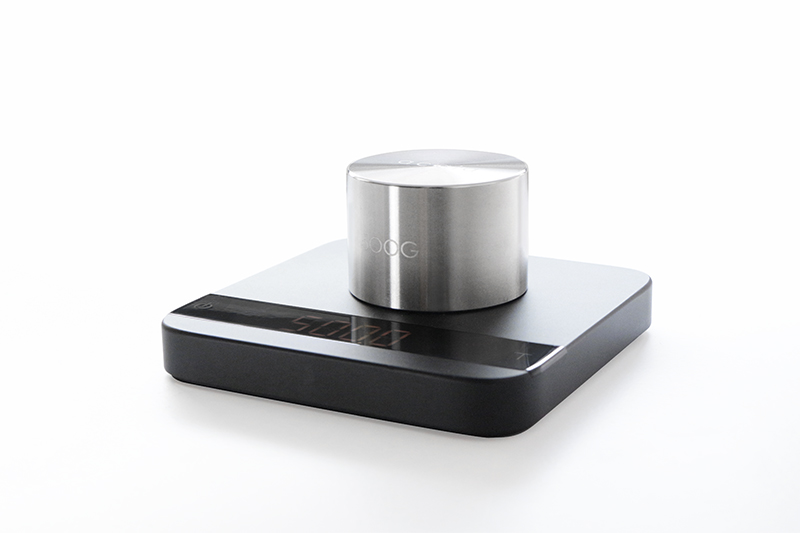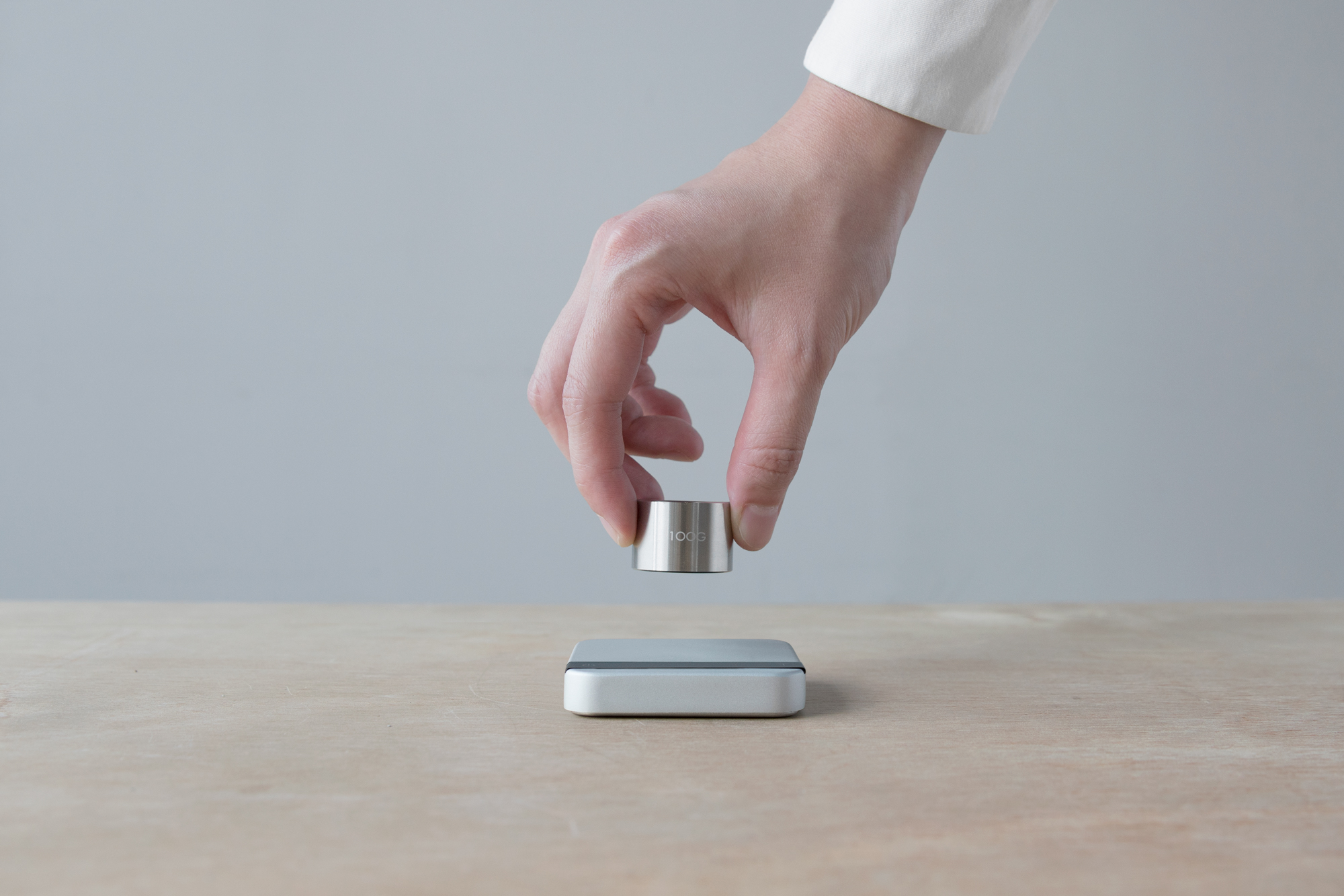
Calibration, quite like regularly cleaning your grinder, falls within the basic maintenance of your equipment. In simple terms, calibration is the processing of checking the reading of a scale using a reference weight for comparison. In the process, the scale’s reading error is defined as the difference between what the scale is displaying and the true value of the weight on top of it. This is why it is vitally important to use certified calibration weights.
During a scale’s smart or quick calibration, it will relearn the true weight of the calibration weight placed on top of it and use it as a reference point. Some of the most precise scientific balances or scales are calibrated before each and every measurement. The more precise the calibration weight, the more precise future readings will be. The goal is to minimize any measurement errors.
A quick or smart calibration can easily be performed on any of our balances. Using one size calibration weight, it will perform a general calibration around the range. A linear calibration is a more thorough method that makes sure your scale is calibrated in the lower, middle, and upper ranges of its weighing capacity. Three F2-class 500 g weights are required to perform this calibration.
Quick Calibration
See our article here on how to perform a quick calibration with our scales, and our article here to quickly calibrate an Orion.
So why in Calibration important?
The reason it is important to calibrate is to make sure that your scales stay as accurate as possible. Regular calibration over time will maintain this. The benefits of a calibrated scale are cost efficiency, reliability, and of course great tasting coffee that is duplicatable!
It's possible to make good coffee with volumetric measurement, or even a scale that has gone out of calibration, thanks to the fact that coffee brewing is based around ratios. It's possible to make incredible coffee with even rudimentary tools. However, when it comes time to explain to someone else how to reproduce that exceptional coffee, having instruments that produce the same accurate measurements makes it much more likely that you'll be successful.
This doesn't just apply to telling another person how to reproduce the great cup of Yirgacheffe you just brewed. It also goes for you, in the future. If you've found a way to brew a coffee that you love, you'll want to be able to reproduce it a month later, no matter where you are and what equipment you end up using.
Infotip
You can purchase a certified calibration weight from our store here.
How often should I calibrate my Acaia Scale?
The Acaia scales are designed with a lab-balance-grade level performance. The higher the resolution is, the more frequent you need to calibrate the scale.
For example, a scale that weighs from 0.001 g (1 mg) in the lab is required to be calibrated "each time" you weigh an object.
For Acaia scales, we have a high resolution that we would recommend a daily calibration for commercial use (cafes). If you're a home user, every month will work. And if you take the scale on your travel adventures, you should calibrate at the new location.
What kind of calibration weight should I use?

Acaia’s smart calibration allows it to calibrate at 100 g, 300 g, 500 g, 1000 g, and 1500 g. If you decide to calibrate your scale, it will only be as good as the accuracy of the calibration weights you use. It is recommended to use standard weights of 100 g, 500 g or 1000 g.
The Acaia Lunar and Cinco comes with a 100 g weight. We sell a 500 g weight in our store.
Note: We recommend standard weights with class F1 or F2.
Comments
Article is closed for comments.